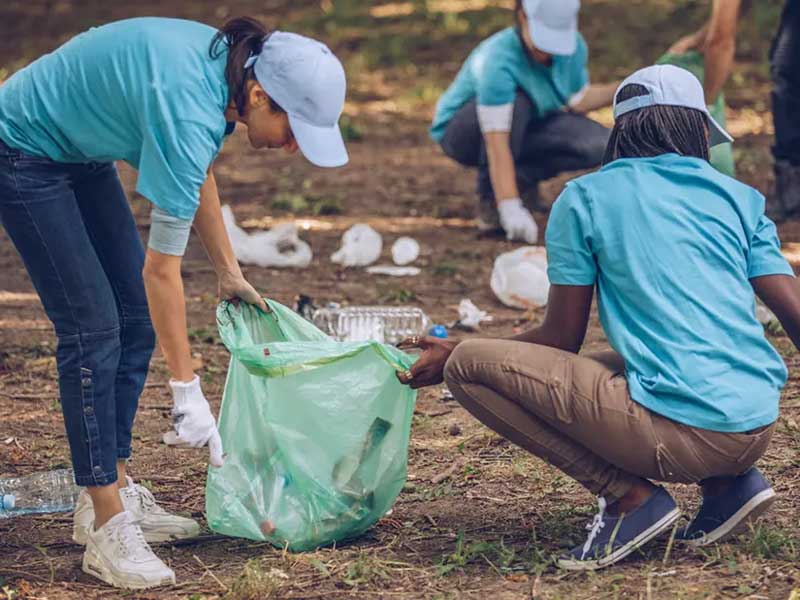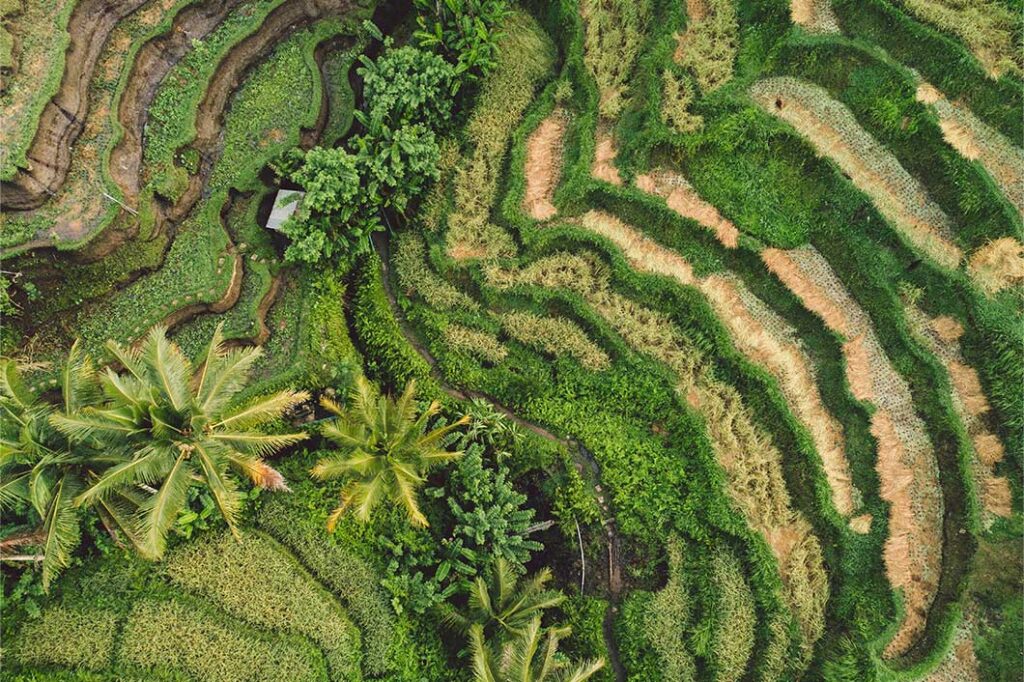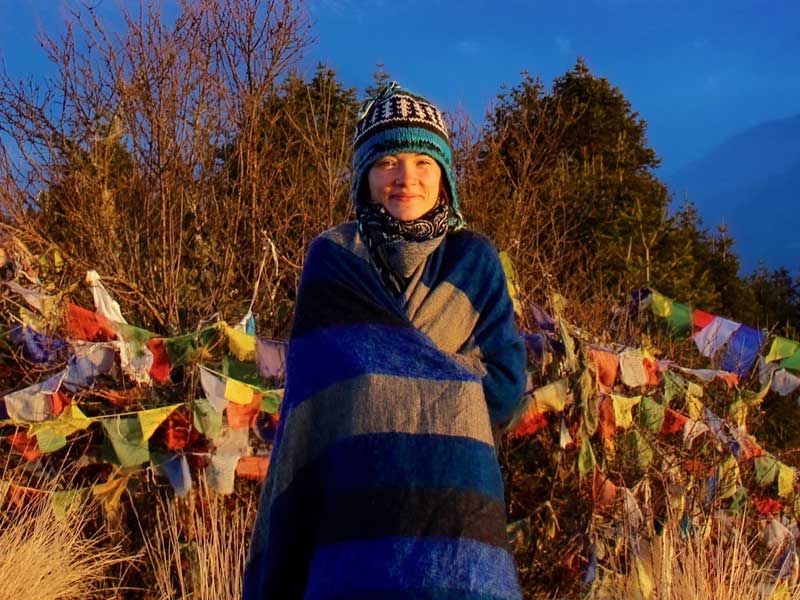Use kerosene, LPG and other non-timber fuel-they are more efficient, viable and prevents deforestation
Discourage campfires, organize other fulfilled camp activities.
Be careful when carrying, storing and using kerosene and gas
Avoid high fuel-consumptive preparation such as baked foods & an extensive menu
By repackaging food into re-usable containers
By depacking & repacking
Sort out the litter & dispose it properly
Burn combustible ones, bury the bio-degradable and dump all nom bio-degradable in designated trash sites
Use toilet tents while on trek-make sure that you avoid pollution of water sources (a minimum of 100m away)
Use established campsites & kitchen sites – avoid trenching around tents.
All staff should be insisted on strict personal hygiene – abiding to proper sanitation, kitchen & camp routines
Drinking water to be meticulously treated & food to be cooked well
Washing water to be disposed away from streams – biodegradable soap to be used
Avail adequate warm clothing, sleeping cover, shoes gear, food materials, stove & fuel –also take adequate care of hired staff. Periodically train staff in first aid , guide responsibility , sanitation et al
Speak on their culture and environment responsibilities, safety precautions, proper dress & respect for local beliefs, people & religious sites
Plan days for proper altitude acclimatization – be prepared to identify , handle high altitude sickness & provide emergency rescue








